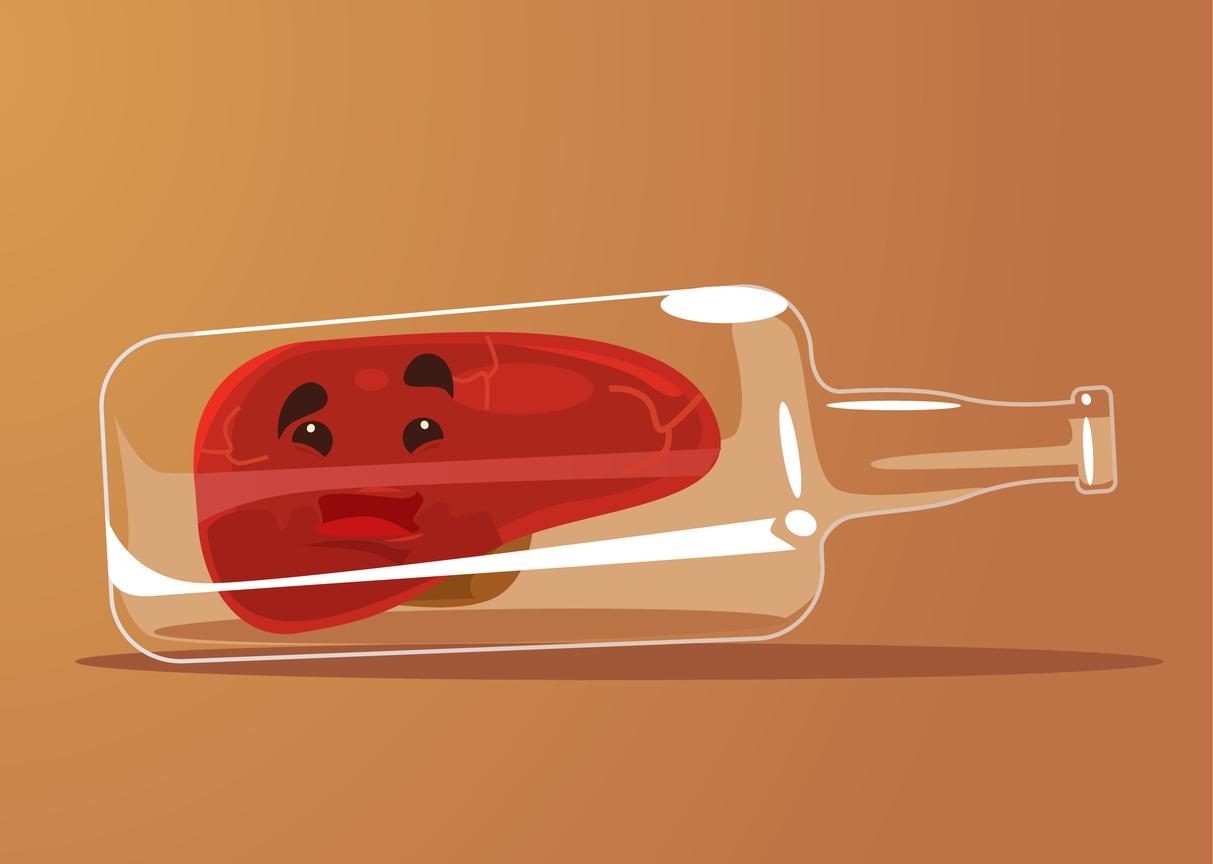The venom produced by the marine gastropod C.geographus causes hypoglycemic shock. Its properties could make it a faster-acting anti-diabetic treatment than insulin.

- C. geographus venom causes hypoglycemic shock that paralyzes its prey
- It represents a track of new fast-acting treatments in the management of diabetics
If divers should be wary of it because of its toxic venom already responsible for several deaths, the sea snail known as “conical snail” – known to underwater wildlife enthusiasts for the colorful patterns of its shell – could be a ally of diabetics in the search for new treatments against this disease. The venom of this gastropod intended to paralyze their prey acts in fact by causing a hypoglycemic reaction which lowers the level of sugar in the blood in a much faster time than insulin! This is what researchers from the University of New Hampshire have just demonstrated and who communicate about their work through a study published on the Proteins website.
New fast-acting drugs
Based on the principles of this venom, they imagine that it could allow the development of new fast-acting drugs to treat diabetics. Unlike the insulin produced by the human body, cone snail venom has a much shorter peptide sequence. “While further studies are needed, our research shows that conical snail veni could be a viable substitute for insulin and we hope it will drive the design of new, fast-acting drugs,” says Biswajit Gorai, lead author of this study.
Interactions of this venom have been compared with the human insulin receptor and show that it binds to these receptors even better than the human hormone. “This could make it a favorable option for stabilizing blood sugar and a potential for new therapies,” the researchers point out.
The venom released by these marine snails -their scientific name is C. Geographus- can be very dangerous and their bite is one of the most poisonous. Fatal cases have been declared in particular among divers who were unaware of the capacity of this shell to diffuse venom.

.

















